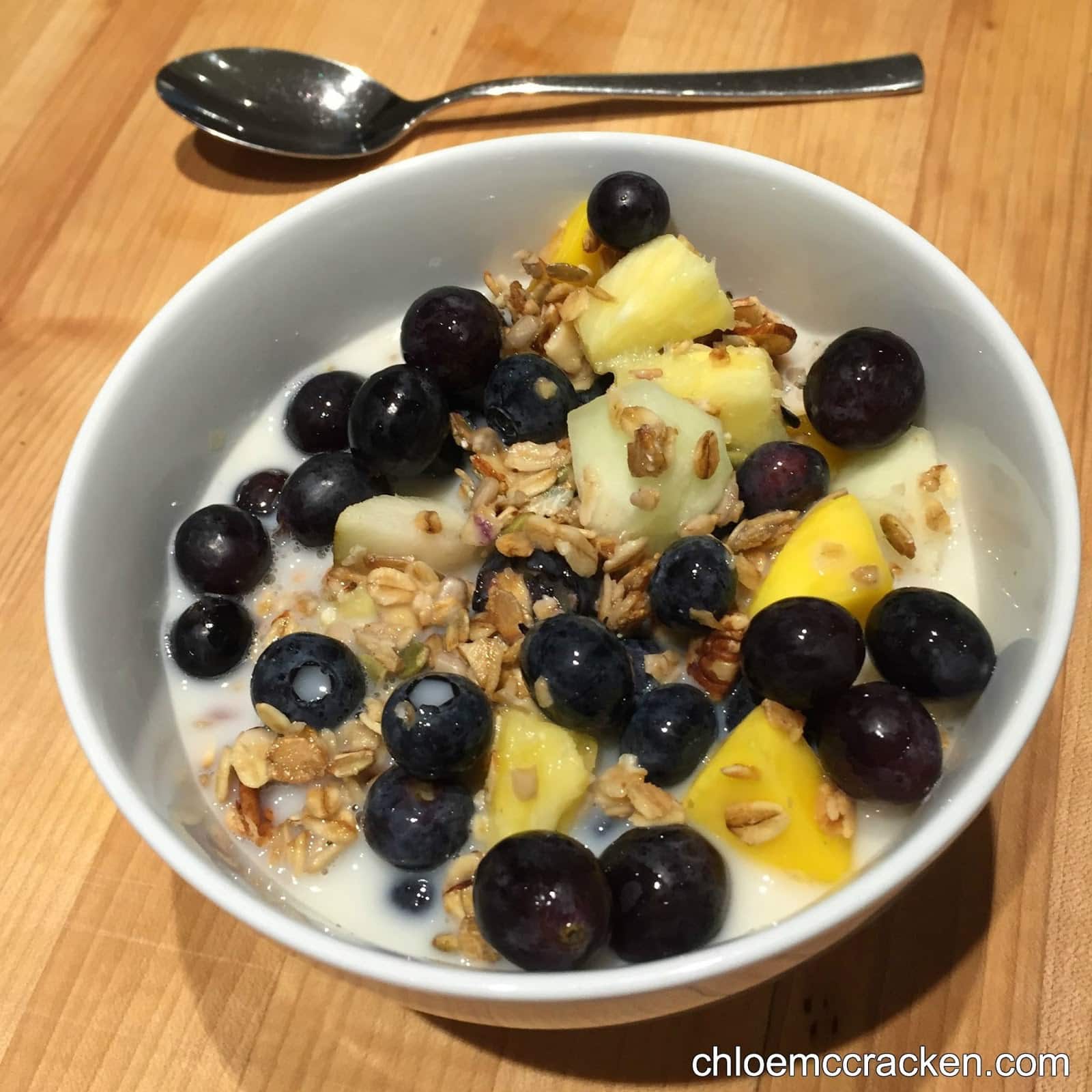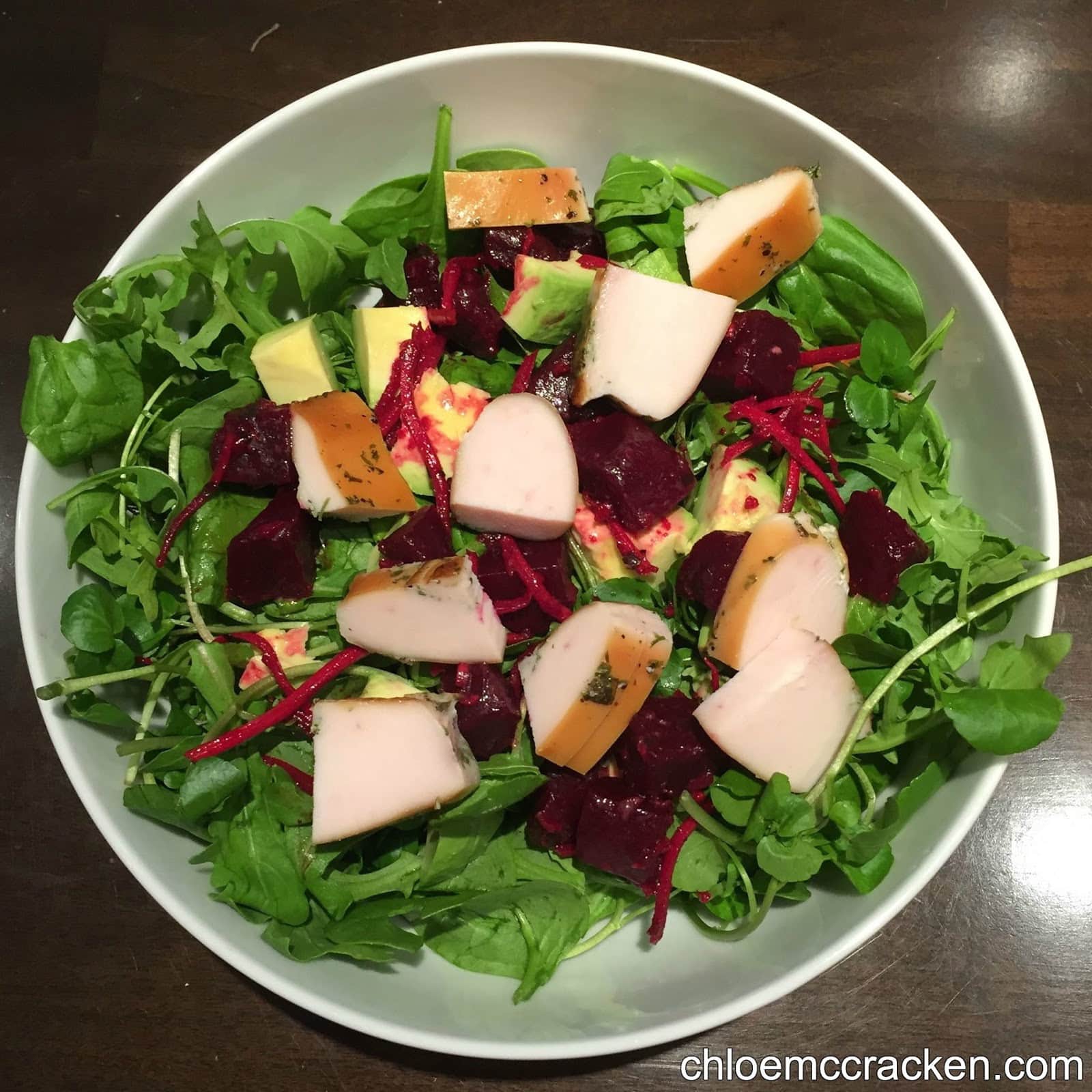What To Eat When
When I coach people on healthy eating, one of the things that they sometimes bring up is the idea that eating late in the evening isn’t great for health. That’s absolutely true, but it’s just the tip of the iceberg in terms of how time affects the health benefits or detriments of your eating.
How could time affect your eating choices?
Eating later in the evening is not the best thing to do, either in terms of the quality of your sleep, or in terms of digesting. In particular, caffeinated drinks or foods (like chocolate), and sugary food more generally, won’t do you any favours.
Like your grandma may have told you, if you have to eat something at night, the best thing is warm milk. Milk (and in fact any dairy: ie. cheese, eggs, and even chicken) contains a pre-cursor to melatonin (hydroxytryptophan), and so encourages sleep. Having it warm is also soothing for your stomach.
Are there other ways you can optimise what you eat when?
Yes, there are! If you want to have something sweet, the best time is for breakfast. This may seem counter-intuitive. Won’t you be setting yourself up for sugar cravings all day long? Actually, eating sweet, sugary foods at breakfast time doesn’t seem to lead to cravings, and it’s also when they are digested best, as you have a whole day of activity ahead of you.
The second best time to eat something sweet is right before a workout. So, if you know you’re about to do some exercise, and you really want a treat, go for it!
You might also ask yourself, what sweet treats can you have that are better for you? Obviously, fresh fruit is better than anything with processed sugar. And even “healthy” sweet alternatives (such as honey) may be no better than sugar in terms of calories. Still, honey does have other health benefits, so you may want to include some in your sweet treat category of foods. Another great thing here are dates (especially medjool dates). These make a great, sweet treat, and are also good for you in terms of fibre, which helps with feelings of satiety, too.
What about protein?
Protein, whether from animals or from plants, is excellent for health. For one thing, protein gives you a sense of satiety, helping beat cravings and stopping unhealthy snacking. For another, it’s a necessary ingredient in building lean muscle, which burns calories. However, there are huge debates on what kind of protein you should eat, how much, and when.
Research suggests it is best to have protein spread throughout the day, rather than just all at one meal. So, try to find protein to add to your breakfast. You could add an egg to your breakfast toast, or nuts to your cereal.
Another important thing to know is that the RDA’s (Recommended Daily Allowances) are set not for optimal health, but for the minimum amount required not to have a deficiecy. In fact, studies show that most people benefit from having twice as much protein as given in their RDA! So, don’t shy away from protein, it’s really important at a lot of levels.
As for the question of whether to have meat-based protein or plant-based protein, there are benefits and issues with both.
Red meat and cured meat may have downsides in terms of health, although on the up side animal-based protein provides a very easily accessible source of protein. Meat sources of protein provide around 30% protein, and contain all the amino acids the human body needs. However, they may also be fatty, and processed meat such as ham, is linked to carcinogenic effects. Eggs provide about 12% protein, and fish will provide about 25% protein.
Plant-based protein requires a deal more thought, as only quinoa provides all the amino acids you need, and even then not at a huge rate. For example, cooked quinoa is only about 4.5% protein, with 23% being carbohydrates. Combining legumes (such as lentils – 9% protein) with rice will provide complete protein, and also has the benefit of a good deal of fibre. This improves feelings of satiety, too.



